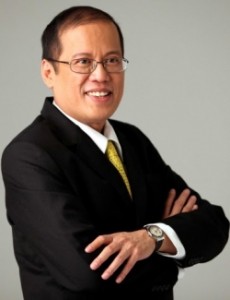
The administration’s plan for universal health care hopes to provide financial protection to citizens y expansion in the national Health Insurance enrollment, improve hospitals, health clinic facilities, provide the poor with health care, and increase medical support employment. Under this plan, there would be employment opportunities for individuals with degrees, experience, or doctor, nurse, and pharmacy technician training.
The three-day event, where Ona tried to raise awareness about the President’s plan, was aimed to continued dialogue about universal health care. Similar health reforms to the President’s plan were presented by other government agencies and organization to the international and local medical professionals in attendance. The challenges surrounding all of the health reforms are implementation of financing and delivery.
Due to inadequacy of health budgets, health facilities and hospitals have suffered neglect in terms of technology upgrades, expansion, capacity, and quality. This created a distinct disadvantage for citizens living in poverty, the main users of government health facilities, since these deteriorated facilities also suffer from poor quality of service and limited management. As of fall 2010, 892 rural health units and 99 government hospitals don’t qualify for accreditation by PhilHealth. The quality of the facilities has also affected infant mortality rate, however, a concentration on this issue has reduced the instanced of maternal and infant mortality.
For the Aquino Heath Agenda to be successful, the Philippine health system will need to address leadership and government practices, performance feedback, financing for poor, marginalized areas, experienced staff, updated technologies, increase of medical products, and availability of essential services.
Through effective communication between public and private health providers and clients, administration members can measure the progress to support isolated and disadvantaged populations, control of diseases, improvement to health care facilities and services.
Aquino stated in an address called the Seven Pillars for Universal Health Care, universal health care, and consequently, health care reform is enshrined in the constitution for the country, and the state of the disadvantaged should not go unnoticed. The President believes for a better future the administration must focus on health reform.




